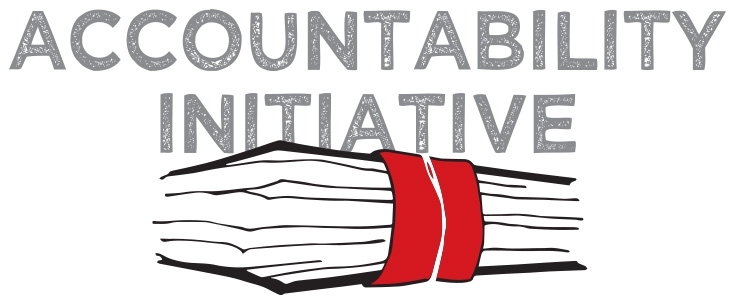Responding to a Parliamentary Question in December 2009, the Minister of State for Consumer Affairs, Food and Public Distribution revealed a worrying truth -since 2006, 5,300,000 bogus ration cards had been identified in West Bengal. Andhra Pradesh wasn’t far behind at 1,046,000 and Orissa was amongst the lowest at 250,000! It’s not just ration cards. The Janani Suraksha Yojna (JSY), a program that entitles pregnant women with a cash transfer if they undergo an institutional delivery, is another example. According to the rules, the entitlement is to be given at the time of delivery. A recent study by the United Nations Population Fund (UNFPA) found that a mere 8% of beneficiaries in Bihar received their money when discharged while Orissa topped the list at 20%. Given these inefficiencies, it’s no surprise that although social sector expenditures have increased by over 15 times in the last 15 years, India continues to perform poorly on every conceivable human development indicator.
An incentive structure that significantly compromises accountability to citizens lies at the heart of the problem, allowing inefficiency and corruption to proliferate. Take the instance of targeted subsidies. In 2009, the Government of India’s subsidy bill amounted to Rs. 1,11,000 crore. Yet, as the case of the bogus ration card shows, these subsidies rarely reach their target – India’s poorest. Inefficient targeting is, partly, a consequence of lack of transparency. Currently, there are no incentives to make information on beneficiaries public. This makes it impossible for citizens to cross-verify names and identify cases of duplicates and fraud, allowing corruption to foster. After all, in the absence of information, there are no questions. Where then are the incentives for government to be accountable?
Inefficient targeting is also a consequence of lack of voice. India’s poor have very few avenues to articulate their needs and hold the government to account. Moreover, when they face difficulties and harassment – be it submitting application forms or receiving payments on time – they have no means of redress. In such a scenario, the poor often find themselves excluded from systems and processes for accessing services.
Accountability requires that delivery processes are monitored to ensure that entitlements not just reach but reach on time. Currently, there are no incentives for monitoring processes and ensuring transparency in delivery. The government simply doesn’t have information on how money flows through the system, when and if it reaches the intended beneficiary. So, even if there are simple administrative bottlenecks that cause delays in processes, there simply is no way of identifying or fixing it. How then, can such a system be expected to deliver?
The Unique Identification Number (UID), by virtue of its ability to inject transparency in the system, has the potential to address some of these accountability failures. First, the fool-proof identification system can significantly reduce targeting inefficiencies. If the UID were to be linked with processes for distributing ration cards, for instance, it could weed out instances of fraud. More important, the UID has the potential to create a data platform which could link multiple data sets together making it feasible to cross-verify data and monitor progress. If the data set on ration cards, for instance, were linked to the data set of BPL beneficiaries, it would be feasible to cross-verify ration card applications and identify fake and duplicate names at the click of a button. This data, if placed in the public domain can significantly enhance transparency and empower citizens with a tool to hold government accountable.
But we must remember that the UID is merely an enabler. There are many things the UID can’t do. It can’t ensure that government departments work together to utilize the potential of a common data platform, it can’t ensure that departments monitor and track progress and can’t ensure that data is places in the public domain. Ultimately, effective service delivery requires effective implementers. And this means significantly altering the incentives they face so that implementers are accountable to citizens. It is only if administrative reforms go hand in hand with the UID, that there will be a chance that all the money spent in social sectors will result in improving India’s human development indicators.
Yamini Aiyar is the Director of the Accountability Initiative.


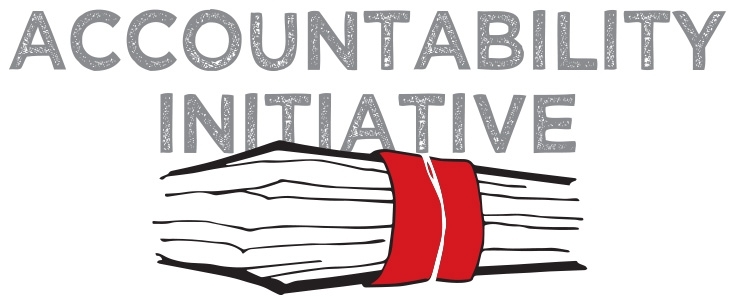
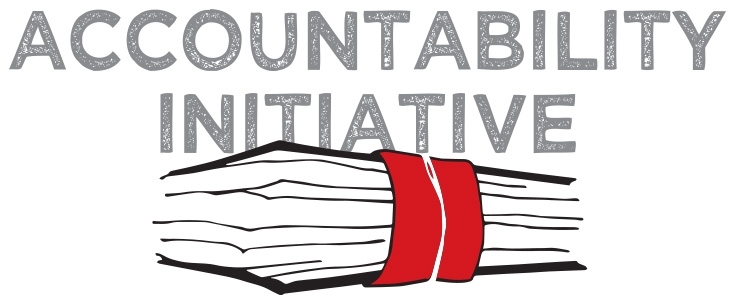
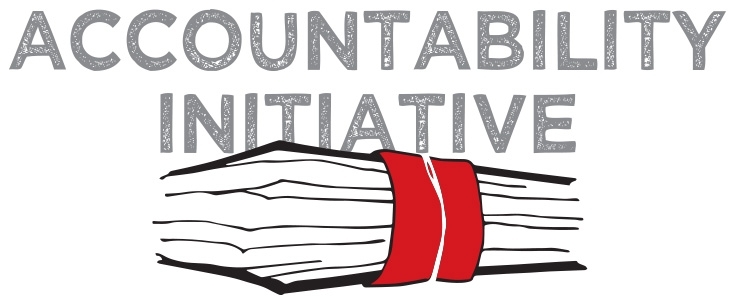
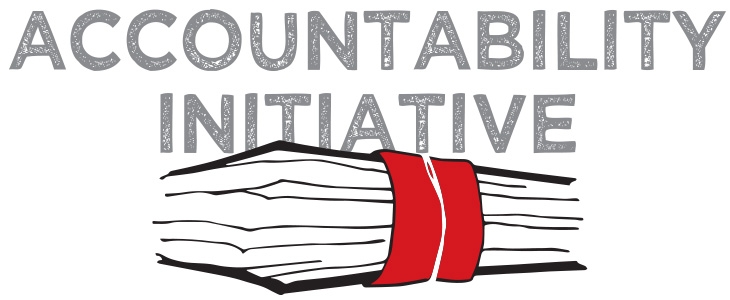
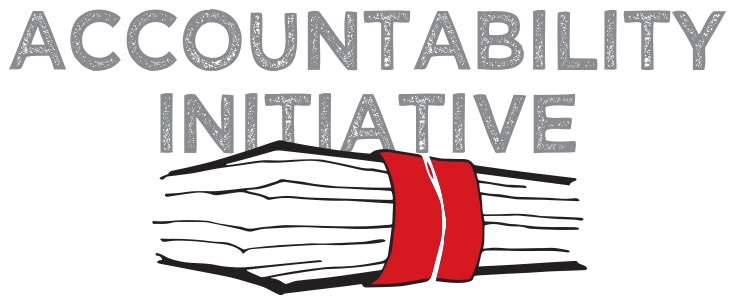
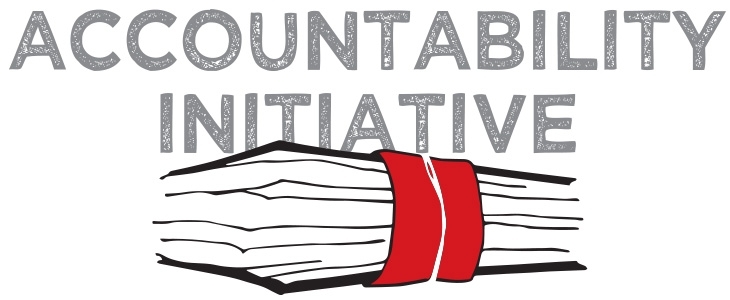
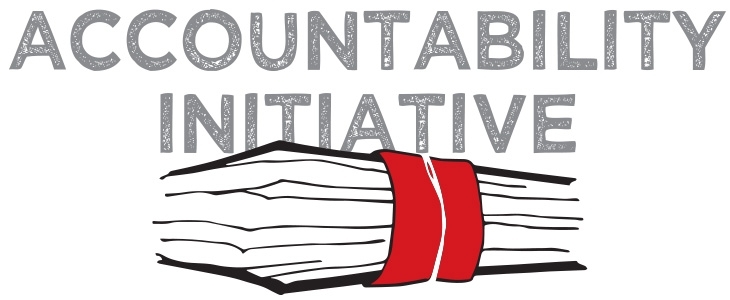
.png)
